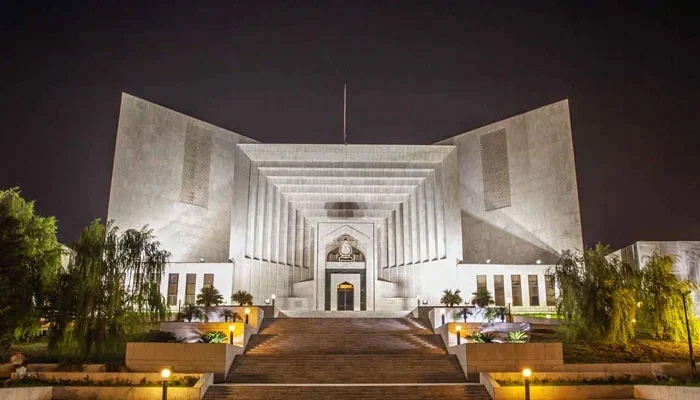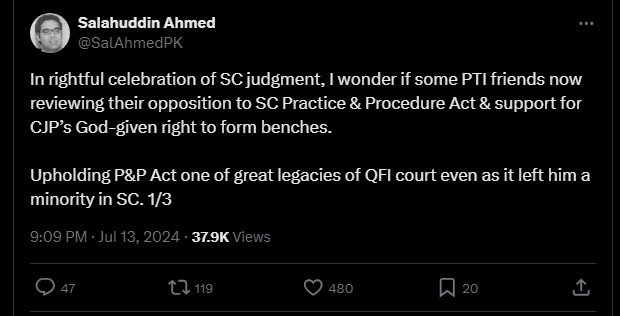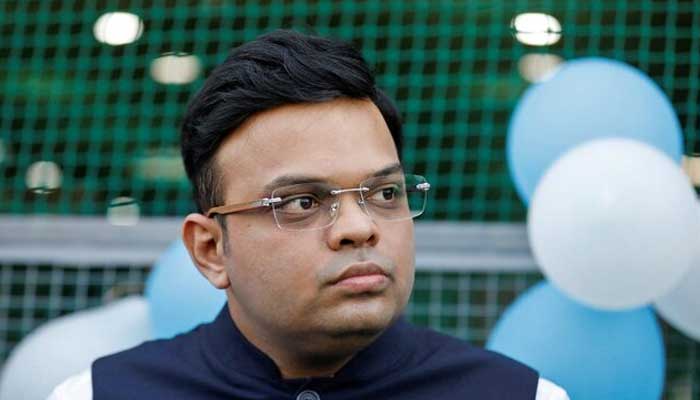

Commending the Supreme Court Practice and Procedure Act after the reserved seats verdict, the Sindh High Court Bar Association (SHCBA) former president Barrister Salahuddin Ahmed asked the Pakistan Tehreek-e-Insaf (PTI) to review its decision to oppose the law which “ceased trend of chief justices’ like-minded benches”.
Barrister Salahuddin, while talking to Geo News on Sunday, backed the top court’s decision in the case of the reserved seat related to the PTI-backed Sunni Ittehad Council (SIC) and termed it a “good decision” which paved the way for proper allocation of special seats for women and minorities candidates.
“For important matters, larger benches should be formed to get the opinions of the majority of judges,” he said.
The senior lawyer was of the view that the Election Commission of Pakistan’s (ECP) decision was “beyond the Constitution” for not allocating reserved seats to the PTI-SIC successful candidates in the February 8 nationwide polls.
He was of the view that the ECP did not adopt a constitutional way to fully strip PTI of reserved seats and the top court rectified it.
“It becomes possible after [the new law] the CJ’s powers devolved to three senior judges to form benches,”, he said and recalled the past where “chief justices used to form benches of their own choice”.
The SHCBA former chief said that the SC Practice and Procedure Act “stopped the trend of like-minded benches” and such decisions revolving around “one man”. He added that in the like-minded benches, judges usually endorsed the CJP’s decision.
He urged that the top court’s verdicts should be taken with consultations after taking views from all jurists where chief justices may have faced a minority while issuing verdicts.
Barrister Salahuddin asked the former ruling party should rethink its decision to register opposition to the SC practice law besides celebrating the reserved seats’ verdict in its favour.
He also suggested that all political parties should welcome structural reforms which strengthen institutions and devolve powers instead of choosing short-term political benefits.
The senior lawyer expressed his views in a detailed X thread a day ago, saying: “In rightful celebration of SC judgment, I wonder if some PTI friends now reviewing their opposition to SC Practice & Procedure Act & support for CJP’s God-given right to form benches.”

“Last CJP in minority in a major constitutional case was Nasir-ul-Mulk [who served as the 22nd chief justice from 2014 to 2015] in 21st Amendment case. CJPs after that (esp Saqib Nisar & Bandial) just formed humkhayal [like-minded] benches so they were never in minority. Structural reform should not be sacrificed at altar of political expediency,” the SHCBA former president said.
“Allowing CJPs to dominate the Court through bench/case fixation was a bad idea then and now. Regardless of who is CJP,” he wrote, adding: “I’m always surprised by how people in power (and their supporters) never ever think about the days they will not.
What's SC Practice and Procedure Act?
For context, the SC (Practice & Procedure) Act, 2023 has provided a transparent process for the formation of benches for hearing crucial constitutional issues. It also says that a decision to take up a matter suo-motu would be made by a three-member bench, comprising the CJP and the two senior-most judges of the apex court — instead of this power being solely held by the CJP. The law also gives parties the right to appeal to the Supreme Court within 30 days of a final order from a lower court.
Why this becomes important in the current scenario because Friday’s reserved seats verdict was given by a full-court bench, and the CJ was not in the majority. CJP Qazi Faez Isa openly supported the Practice and Procedure law even after he became the chief justice.











